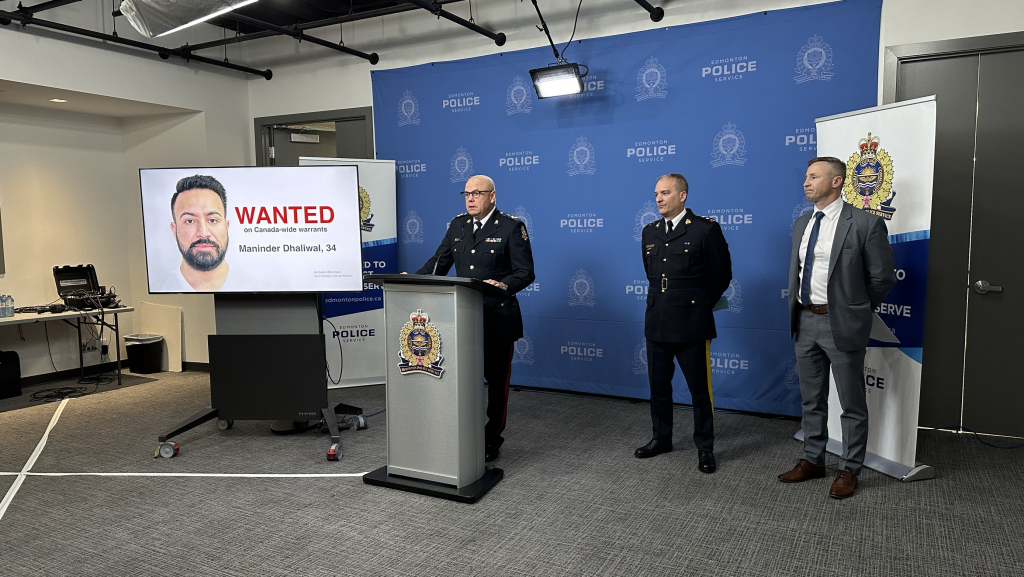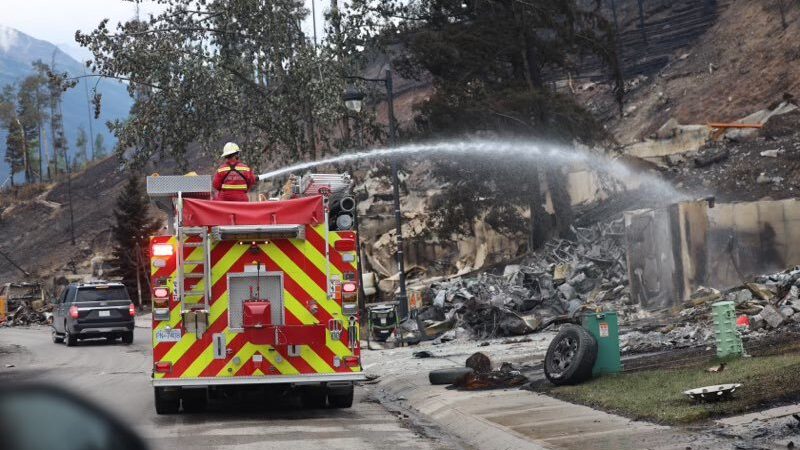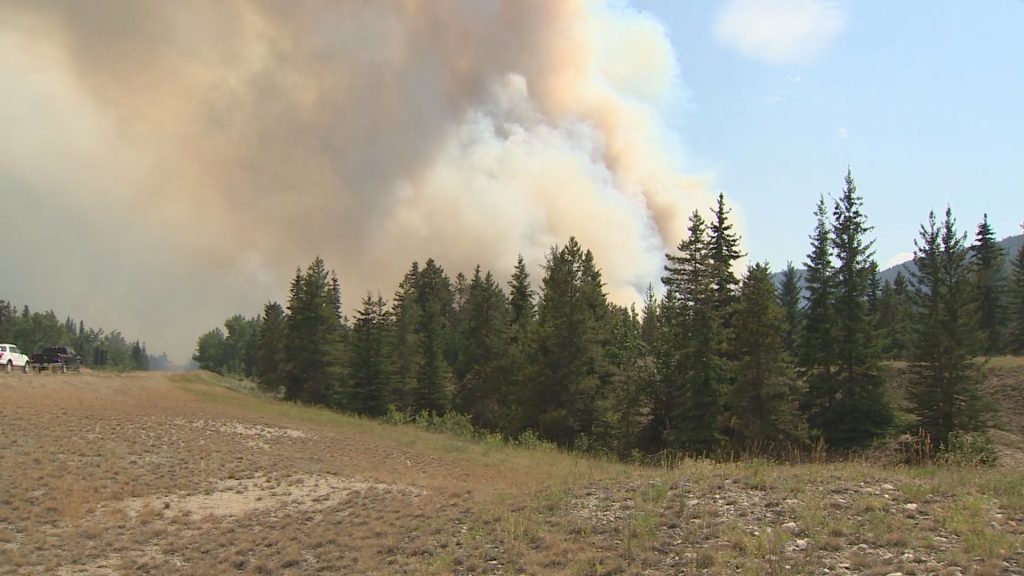Medically assisted death rates up in Alberta, across Canada

Posted September 21, 2022 7:13 pm.
Last Updated September 21, 2022 7:22 pm.
Medically assisted deaths are climbing across Canada as federal policies have led to expanded eligibility, but there are concerns over the continued expansion.
Rates of medical assistance in dying (MAID) have been rising throughout Canada since 2016, after the federal government passed legislation that allows citizens to request MAID.
Dr. Udo Schuklenk, a professor of philosophy from Queen’s University and an Ontario research chair in bioethics, has been studying MAID since 2009.
He says the increase is a sign of more compassion for those suffering, and that current legislation is closer “in line with the criteria in the judgment.”
“Before that, we just had an unconstitutional restrictive regime,” Schuklenk said. “It wouldn’t surprise me that if the government is providing a service that people are comfortable with, that numbers would rise.”
As of March 2021, death no longer has to be foreseeable and only one witness is needed, which can be a health-care worker.
According to Health Canada, last year saw more than 10,000 medically assisted deaths in Canada, a 32 per cent increase from 2020.
From January to July 31 of this year, there were 452 MAID deaths in Alberta, on track to surpass 2021’s 594 deaths.
READ MORE: Medically assisted deaths rising as Canadians grow more comfortable with the idea
Statistics show a majority of people who access MAID have cancer or have received palliative care.
In 2023, people suffering solely from mental illness will be eligible. Currently, the federal government does not recognize mental illness as an “illness, disease or disability” for purposes of the MAID law.
Dr. Christine Gibson, a Calgary physician who administers MAID, said on TikTok there is a concern around this expansion as people struggle to find mental-health support.
“While I strongly believe that medically assisted death should be an option for people, it shouldn’t be the best option because our universal care just simply doesn’t cover the things that they need,” Gibson said.
@tiktoktraumadoc #MAiD #MedicalAssistanceinDeath should not be an option until #therapy #AcceleratedResolutionTherapy #SomaticTherapy #NARM #brainspotting ♬ Metamorphosis (Longer Version) v2 – Danilo Stankovic
Schuklenk says there are issues with that argument.
He says policies are made on a federal level, while provinces provide health care. Schuklenk says the reality, for some, is health care is not available.
“Their suffering will continue. It’s not that those services will suddenly miraculously appear and say ‘Hey, look at this, here is paradise here onward.’ So to me, it’s not clear why people connect these two things,” Schuklenk said.
READ MORE: Psychiatrists more open to MAID for people with mental illnesses, survey finds
Helen Long with Dying with Dignity Canada says people who apply are carefully assessed.
“That includes that their suffering is intolerable,” said Long.
“So, I think while these stories have certainly shone a light on the fact or highlighted that social services are inadequate, and the government needs to do more to support people in living, at the same time, people should not be denied MAID if that’s their choice, and they do meet the eligibility criteria.”
Long says her organization hopes to see an option created where people can sign an advanced request, so if something were to happen, and capacity is lost, MAID would be available to them.








